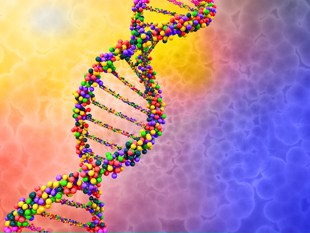What Happens in Our Body When Cancer Develops?
In a healthy human body, different cells pull together for the common good. In its simplest terms, cancer is a disease that develops when this cooperation breaks down. Instead of being team players, some cells go their own way, leading to uncontrolled growth. They intrude on and destroy adjacent cells and tissues. Sometimes these unregulated cells spread to distant parts of the body (metastasis), where they intrude on and destroy other cells and organs.
In most cases, what transforms healthy, cooperative cells into unconstrained cancer cells are changes in their DNA programming. Alterations (hits) at several different points over a cell’s lifetime are required to knock it off the rails, which is why time is ultimately the greatest enemy. These changes may occur as random errors as cells duplicate.
Some individuals may be genetically at higher risk of developing cancer, as some cancers such as breast cancer and prostate cancer can run in families. A number of external factors (carcinogens) may also damage the DNA sequence and generate a cancer. Common factors include tobacco smoke, radiation, UV exposure, oxidative stress, dietary toxins, pollution and infections. There are many factors that normally act to prevent DNA damage. If these are also deficient, as happens when we age, cancers are more likely to occur.






